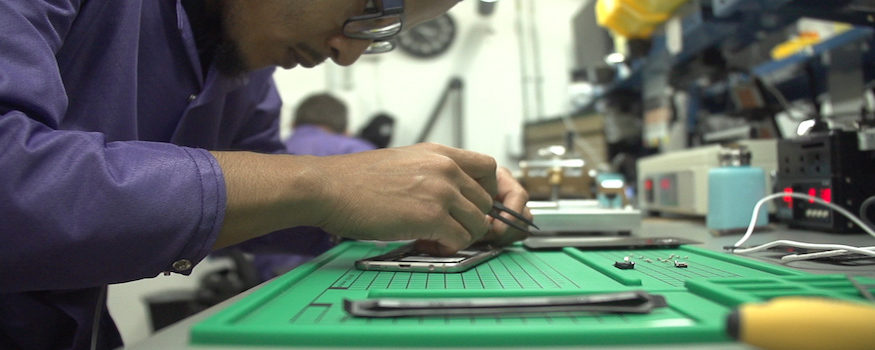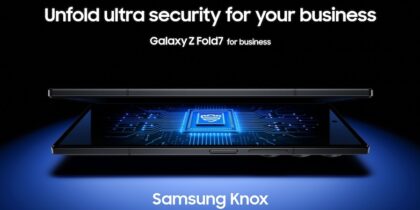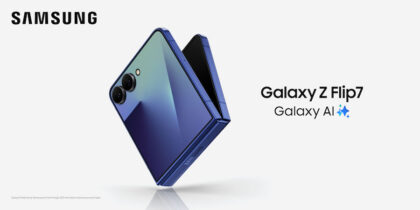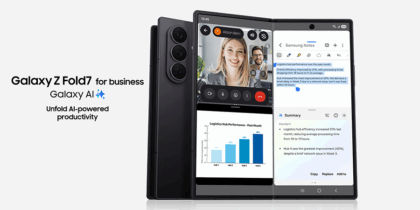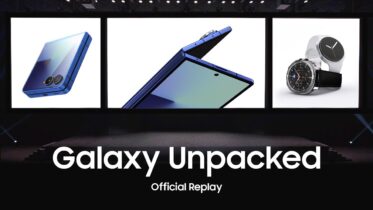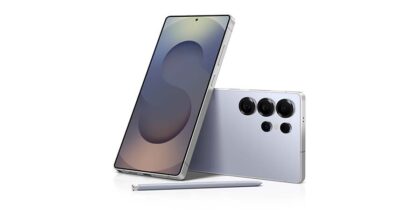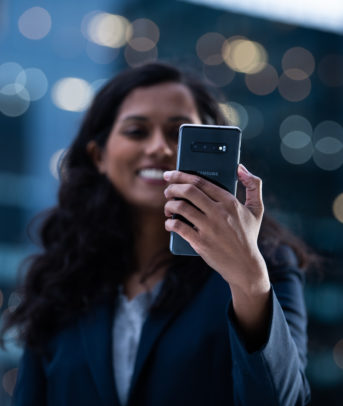The “consumerization of IT” has been a double-edged sword, bringing benefits to the enterprise like cost-savings and a more intuitive user experience, but also posing IT management and integration challenges. More than a decade on, however, smartphones – the devices that exemplified the consumerization trend – are no longer consumer toys. They are business tools and customers expect an enterprise-grade experience, from acquisition through deployment to service and support.
That service and support phase is critical because – to put it simply – broken phones can’t improve work productivity. B2B service is not simply consumer-plus. Our B2B customers need — and deserve — not simply a higher level of consumer service, but an entirely different mode of support specifically designed for business.
Smartphones Become Mission-Critical
Today smartphones are essential tools that improve work productivity. Our recent survey of mobile workers with GfK Public Communications and Social Science found if employees have to choose just one computing device, the largest number pick their smartphone, not their PC. Another study with Frost & Sullivan found that when using smartphones to get work done, respondents gain nearly an hour of work time and nearly an hour of personal time each day, on average.
So when a smartphone has a problem, it becomes a major hindrance to work productivity. Furthermore, we’re not willing to tell a 5,000-employee company to “just go to the mall to get your phone fixed.”
Moving beyond a consumer-plus mentality, our B2B customer support team has created a flexible suite of extended service options for business customers. These service options provide for ship-in repairs in the case of accidental damage to smartphones, as well as mechanical or electrical issues, with no deductibles and free shipping.
Discover the Benefits of Unlocked Smartphones
Here are four key questions to find out if unlocked smartphones are the answer for your employees. Download Now
I recently spoke with the CIO of a 25,000-employee company, and he said that delighting users is as important to him as cybersecurity. It’s not enough to merely keep mobile devices safe; he also has to make working with them a welcome experience for his users.
It’s clear to us that the smartphone has gone from appendage to spinal cord. If you take a phone away from me or members of my team, we start to get wobbly. So much work, productivity and communications revolve around our phones that it disconnects the workflow when we can’t access our mobile devices at work.
Extending Applications and Services
In considering better ways to serve the B2B market, I think about Wray Hospital, 170 miles east of Denver, where my daughter did a rural medicine rotation. Wray is at least an hour’s drive from the nearest mall and a long way from the nearest device repair location. What happens when one of their staff’s smartphones has a problem? We know that for a long-term strategy, we need elegant, welcoming support services for organizations like Wray, just as we do for large multinational companies.
These are the questions that keep us thinking, working and studying the entire customer journey — from the acquisition of a phone, to deployment, through the time a user has it in their possession, and all the way through to end of life. Our focus is on delighting our B2B customers with fantastic experiences.
See how enterprise mobile solutions can improve work productivity on a daily basis.
